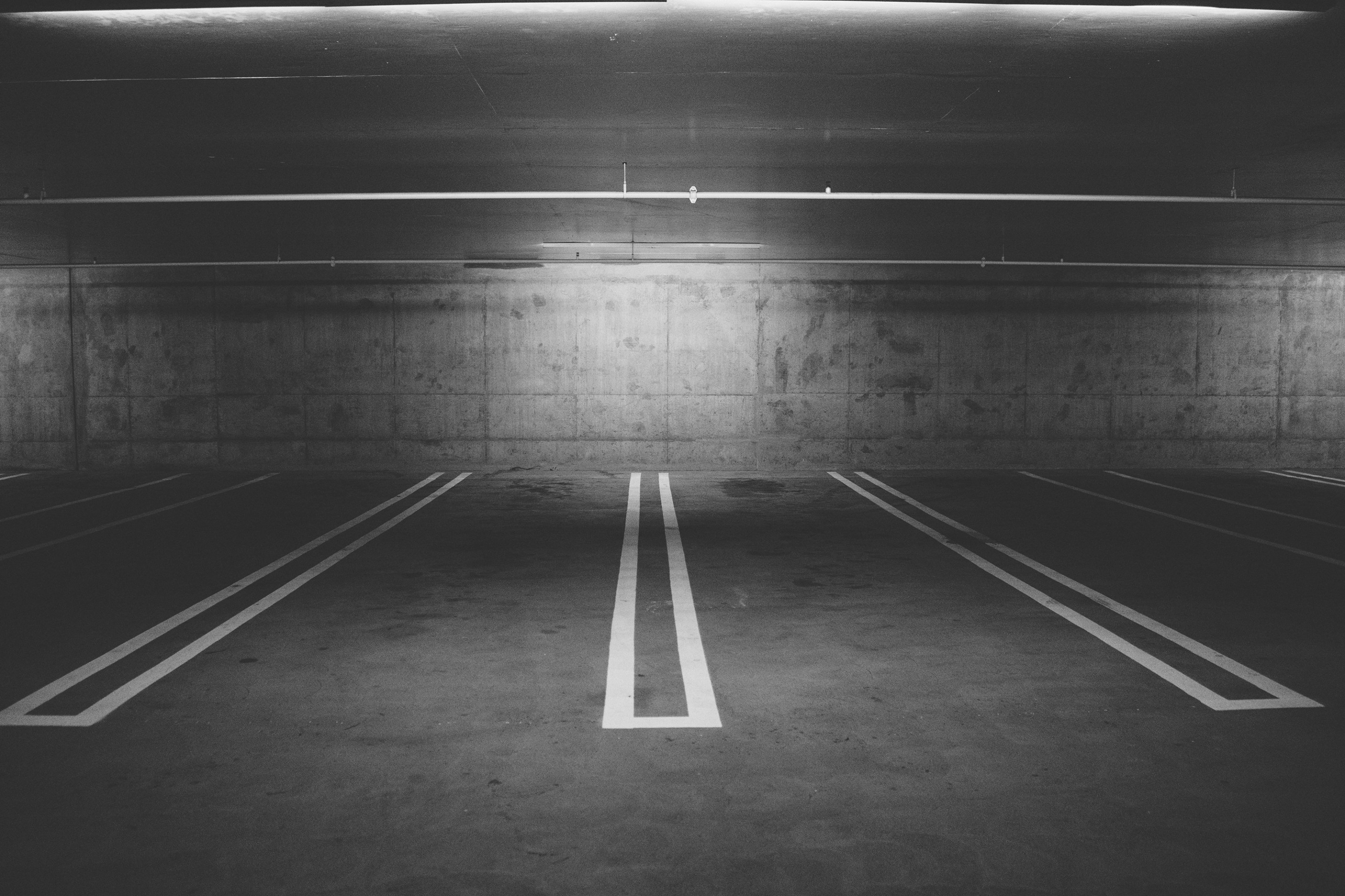Note: GJEL Accident Attorneys regularly sponsors coverage on Streetsblog San Francisco and Streetsblog California. Unless noted in the story, GJEL Accident Attorneys is not consulted for the content or editorial direction of the sponsored content.
Followers of UCLA Professor Emeritus Donald Shoup have learned - and others are beginning to learn - that one of the most effective ways planners in the U.S. have encouraged car dependency is by requiring every type of development to provide enough parking that pretty much everyone can find a place to store their car wherever they want to go.
Shoup has made a long career of pointing out the many unintended consequences of parking requirement policies, among them more reliance on cars, more driving, longer distances between destinations, more fuel use and emissions, higher development costs, higher rents, and an inordinate amount of space given over to empty parking spaces. Requiring a minimum number of parking places also makes housing, even "affordable" housing, much more expensive - some estimates put the extra cost of a single parking space at between 30 and 75K - and it frequently sits unused.
Having easy, abundant parking is one thing; having too much parking just makes it a lot harder and more dangerous for people who are not in cars to navigate streets and parking lots. More vehicle traffic delays transit and in general encourages people to drive, when what needs to happen is less driving and more easy and safe options for getting around.
Assembly Transportation Chair Laura Friedman (D-Glendale) is tackling all of this with A.B. 1401, which would prohibit cities from imposing minimum parking requirements on certain developments, specifically those located near existing public transit. The bill has strong support from housing advocates, affordable housing developers, and a few mayors who showed up to the press conference to tout its benefits.
At a press conference this morning to announce the bill, Assemblymember Friedman said that an impetus for it is her ongoing interest in helping create more sustainable and healthy communities. "Cars and parking are supposed to make our lives easier and more convenient," she said, "And sometimes they do. But they also bring costs." Those include steadily increasing emissions and fuel use, making it more difficult for residents to exist without a car, more sedentary lifestyles, and health issues like asthma exacerbated by breathing car exhaust. In addition, "more and more infrastructure money is going towards roads and parking, rather than transit and active transportation," said Friedman.
Her goal is to help California set policies that "prioritize and center human beings over cars; that prioritize people, housing, health, and the environment," she said.
L.A. Councilmember Nithya Raman, who spoke in support of the bill, pointed out that there is "no single magic bullet" to solve the myriad crises faced by our cities. But some of the issues that need to be dealt with - including climate, homelessness, and affordable housing, "are rooted in our current policies," she said. Solutions will "require a total all-hands-on-deck approach" including making it easier and cheaper to build housing, providing funding for housing, creating tenant protections, and addressing the "extremely high cost of construction." Eliminating parking requirements is one of the many tools that need to be deployed.
"Right now, empty parking places are taking precedence over housing for people," said Ricardo Flores of LISC San Diego. The costs associated with minimum parking requirements "will continue to fall on low-income communities and communities of concern," he said, and people are being forced to pay for a luxury they don't even use. "Overcoming housing inequities is key to developing healthy communities."
Meea Kang, an affordable housing developer and one of the bill's sponsors, pointed out that many local parking requirement statutes are "decades-old" policies that are no longer appropriate. Individual cities have made stabs at eliminating some parking requirements; however, it can be difficult for local governments to navigate the political ramifications of making these changes, and creating a new state standard can make it easier for them.
A.B. 1401 would not disallow building any parking; it would simply prohibit cities from setting minimum requirements for certain developments in areas where other options exist. In other words, those who want parking can have it, but those who don't need it would not have to pay for it, either as part of their housing costs or in other price increases from higher development costs.
"Local control is important, but it's not an absolute," said Sacramento Mayor Steinberg. "The state has a proper policy role to play in ensuring that we do better when it comes to addressing the housing crisis, because it cannot get done individually, city by city," he said.
"It's important to be clear: this legislation does not prevent a developer from building whatever amount of parking they think is appropriate," said Senator Scott Wiener, a co-author on the bill. "The people building housing are going to best understand a specific project and what is warranted there, but to have one-size -fits-all approach mandating a set amount of parking, no matter what, makes no sense whatsoever."
"All it does is reduce the amount of housing that gets built, by making it more expensive," he said.
A.B. 1401 "will help new developments, reduce traffic, improve air quality, increase walkable healthy resilient communities, and help keep dollars local," said Kang. "Frankly it's like printing new money" for housing and appropriate development which has been hampered by the high cost of minimum parking requirements.
A.B. 1401 has been set for a hearing in the Local Government Committee on Wednesday, April 14.
Follow Streetsblog California on Twitter @StreetsblogCal






